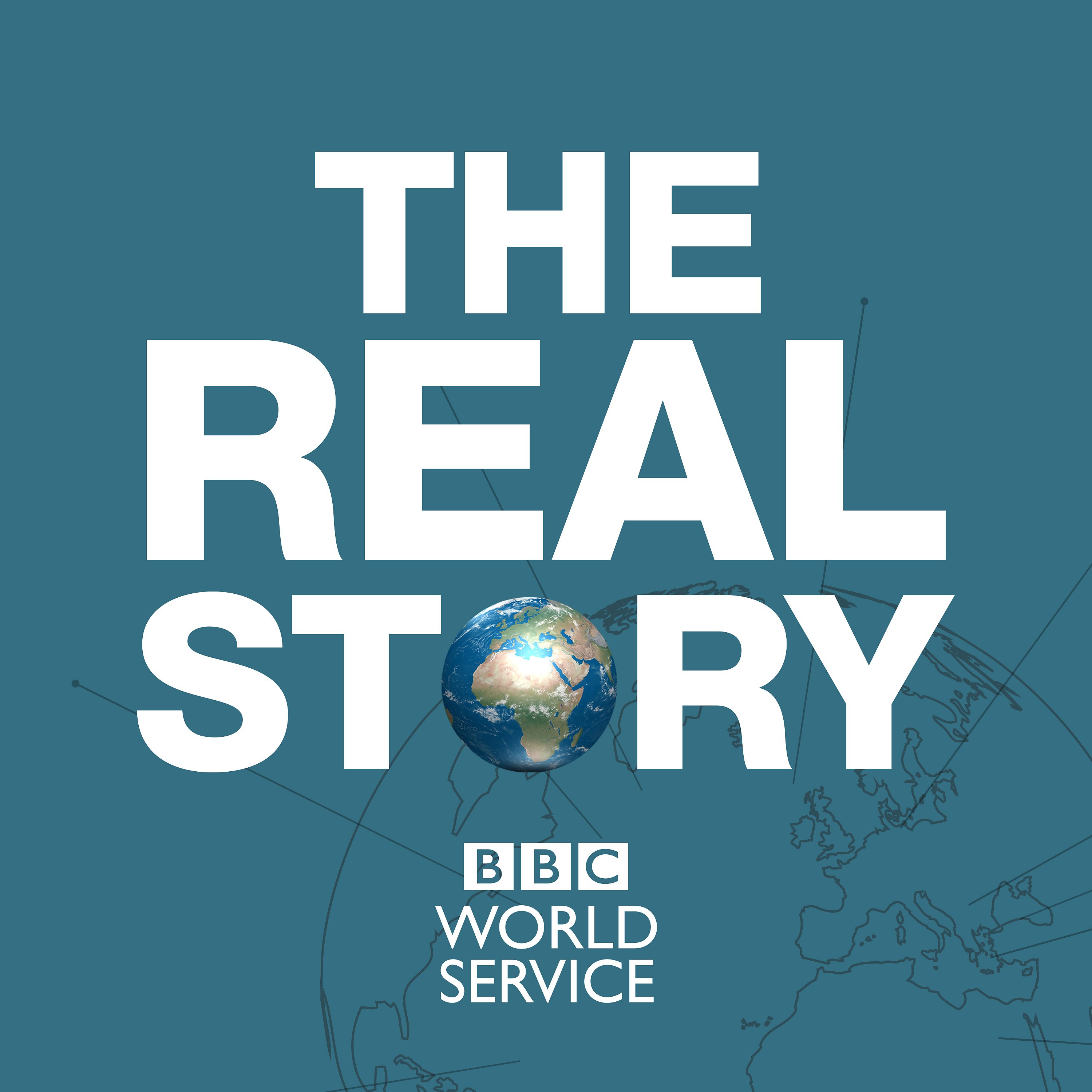What is driving right-wing populism in Europe?
Description
Geert Wilders has been described as the Dutch Donald Trump. Earlier this month his far-right Freedom Party pulled off a surprise election victory in the Netherlands. Following Mr Wilder's win, we look at what is driving right-wing populism in Europe. Italy has a right-wing populist prime minister. In Hungary there is Viktor Orban, Prime Minister since 2010, with his particular brand of nationalist populism, and in Finland the far-right Finns party is now part of the governing coalition.
Are some of the factors that secured Geert Wilders’ win also what is helping other right-wing populists in Europe? In a European context, does right-wing populism differ from far-rights politics?
Shaun Ley is joined by: Catherine Fieschi, a comparative political analyst specialising in populism, far right and authoritarian politics and a Fellow at the Robert Schuman Centre at the European University Institute in Florence; Stanley Pignal, The Economist's Brussels bureau chief and writes their Charlemagne column on Europe; Sanne van Oosten, a political scientist at the University of Oxford, Centre on Migration, Policy and Society.
Producer: Max Horberry and Ellen Otzen
(Photo: Dutch far-right politician and leader of the PVV party Geert Wilders meets the press after the PVV won the most seats in the elections, The Hague, Netherlands, 24 Nov, 2023. Credit: Piroschka van de Wouw/Reuters)
More Episodes
The Wall Street Journal reporter, who is the first US journalist charged with spying in Russia since the Cold War, has now been imprisoned for a year. His detention has been repeatedly extended and he is yet to face trial. His family, colleagues and the US government vehemently deny the...
Published 03/29/24
Published 03/29/24
Over the past year thousands of journalists have lost their jobs as mass media news organisations struggle to make ends meet. Ad revenue is down, many publishers are struggling to gain subscribers, and social media has resulted in plummeting traffic to homepages. More than a third of people...
Published 03/29/24


